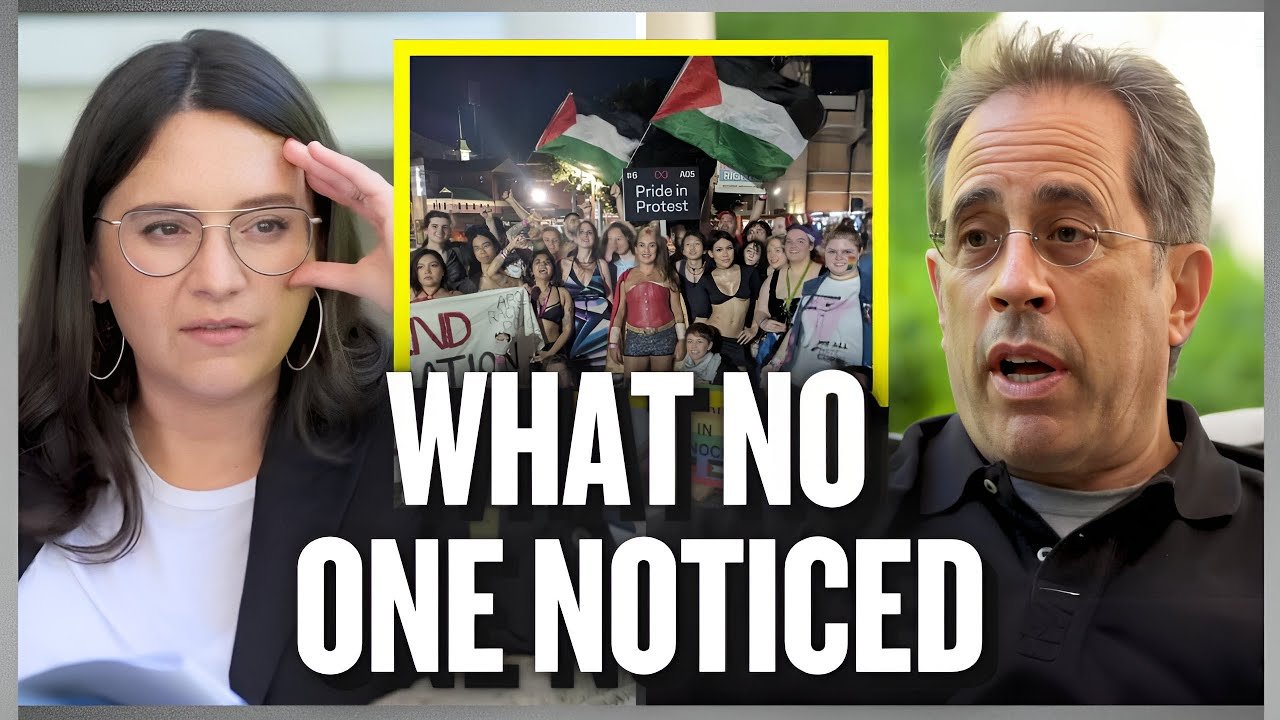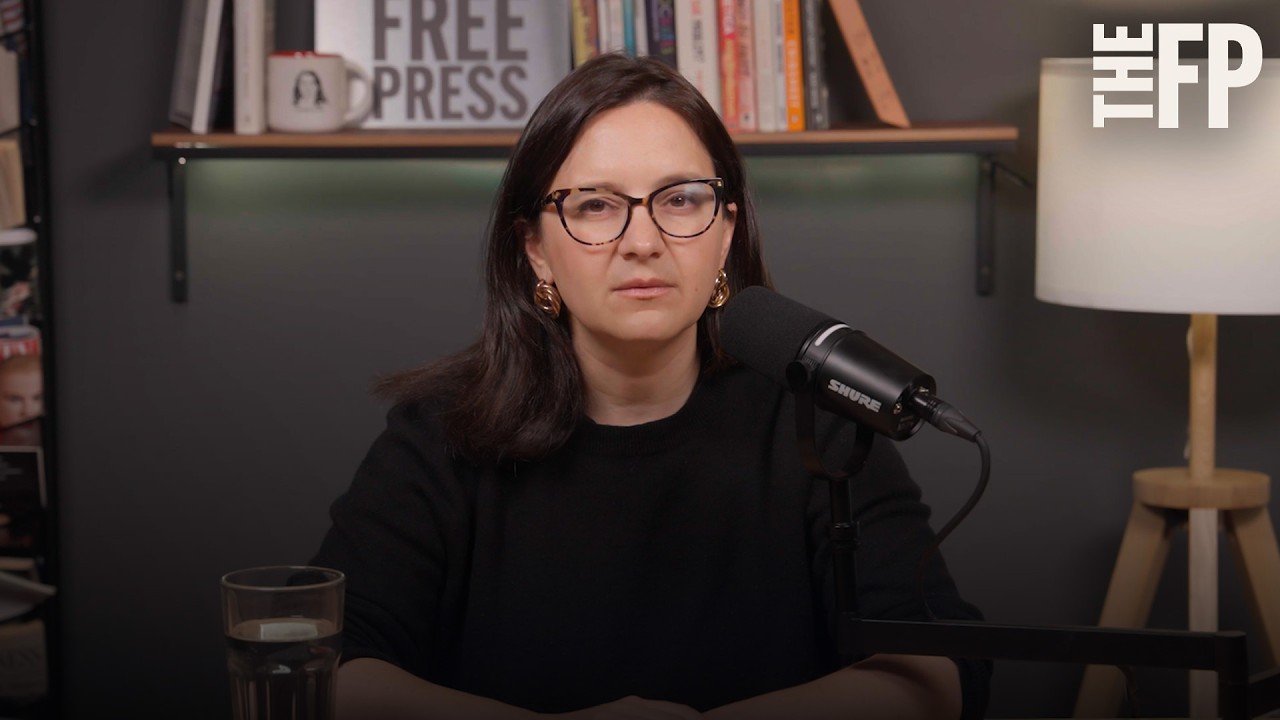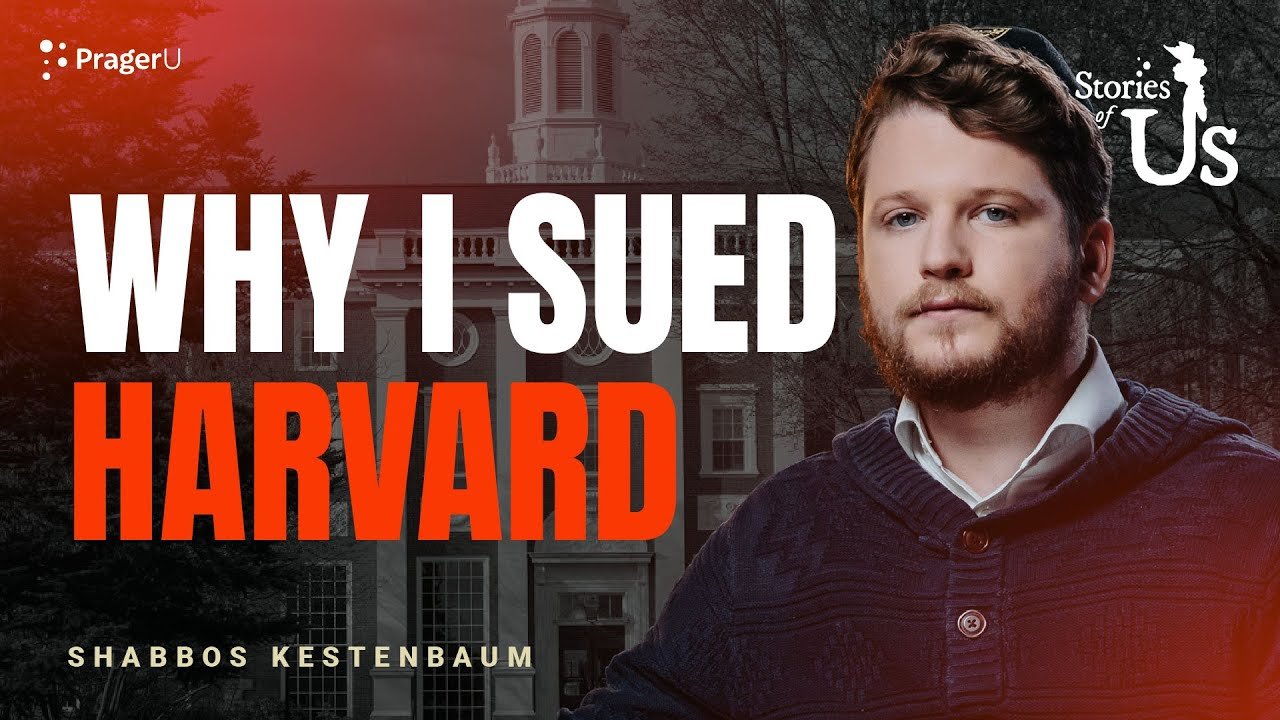Hurricane in Malmö: The Dramatic Story of Israel’s Eurovision 2024 Delegation
In May 2024, the Eurovision Song Contest returned to the global stage, but for Israel’s delegation, it was more than just a music competition — it became a deeply symbolic, emotionally charged, and politically fraught mission. In a powerful behind-the-scenes YouTube documentary titled “Hurricane in Malmö – The Dramatic Story of the Israeli Delegation to Eurovision 2024”, viewers are given a raw and intimate glimpse into what it truly meant for Israeli singer Eden Golan and her team to represent their country during a time of unprecedented tension.
A Nation’s Voice in Song
Just before the October 7 attacks, Israel was enjoying a vibrant cultural moment. But as war broke out and global opinions polarized, the role of the Israeli Eurovision delegation took on new weight. “It was no longer just a performance,” said one team member. “It was a national mission.”
Eden Golan, only 20 years old, carried the hopes of a grieving and defiant nation on her shoulders. Her journey to the Malmö stage became emblematic of Israel’s resilience. Despite threats, heightened security warnings, and a hostile environment, she and her team pressed forward, determined to share their voice with Europe and beyond.
Security Threats and Unprecedented Measures
From the moment the delegation landed, they were met with armored vehicles, snipers, and intelligence units. Malmö, known for its sizable pro-Palestinian population, became a flashpoint of geopolitical tension. The presence of Israeli artists triggered protests, online threats, and even direct hostility from other Eurovision participants and journalists.
Delegates describe surreal moments: being moved covertly from airports to hotels, guarded by plainclothes agents, and entering venues under strict security protocols. For many, it was the most intense experience of their lives. “We weren’t even inside the terminal,” one member recalls. “We went straight from the plane to armored vehicles. It felt like a war zone.”
Facing Hate, Singing Through the Boos
Perhaps the most painful moments came not behind the scenes but during the performances themselves. As Eden Golan took the stage during rehearsals and the live shows, she was met with thunderous boos. While audiences at home could only partially hear them, those in the arena reported deafening jeers — some shouting slurs and telling the Israeli singer to “go to hell.”
Yet Eden didn’t flinch. Her poise, strength, and unwavering professionalism turned hate into fuel. “We turned contempt into power,” she later said. “If they boo, we’ll send hearts.” The documentary shows her team rallying around her, rehearsing chants of “booo, we love you!” to help desensitize her from the negativity and turn it into something empowering.
A Moment of Victory Amid the Storm
Despite everything, Israel triumphed in the semi-finals, placing first with public votes alone — a testament to Eden’s talent and the song’s resonance. It proved that even amid controversy, music could still rise above politics. The moment “Israel” was announced as a finalist brought tears and screams of joy. It was not just a win in Eurovision terms — it was a symbolic victory for an entire nation.
The final wasn’t without more drama. Other delegations tried to sabotage Israel’s preparations with noisy distractions and passive-aggressive behavior. But Eden remained focused. Her performance in the finals, under immense pressure and continued jeering, was a masterclass in grace under fire.
A Legacy Beyond the Stage
“Hurricane in Malmö” is more than just a recap of Eurovision 2024. It’s a story about courage, resilience, and the cost of representing a nation in a time of crisis. Eden Golan’s journey captured the hearts of many, showing that even in the face of hatred and adversity, art can speak louder than politics.
For Israel, this Eurovision wasn’t just about a song. It was about identity, strength, and the refusal to be silenced.












